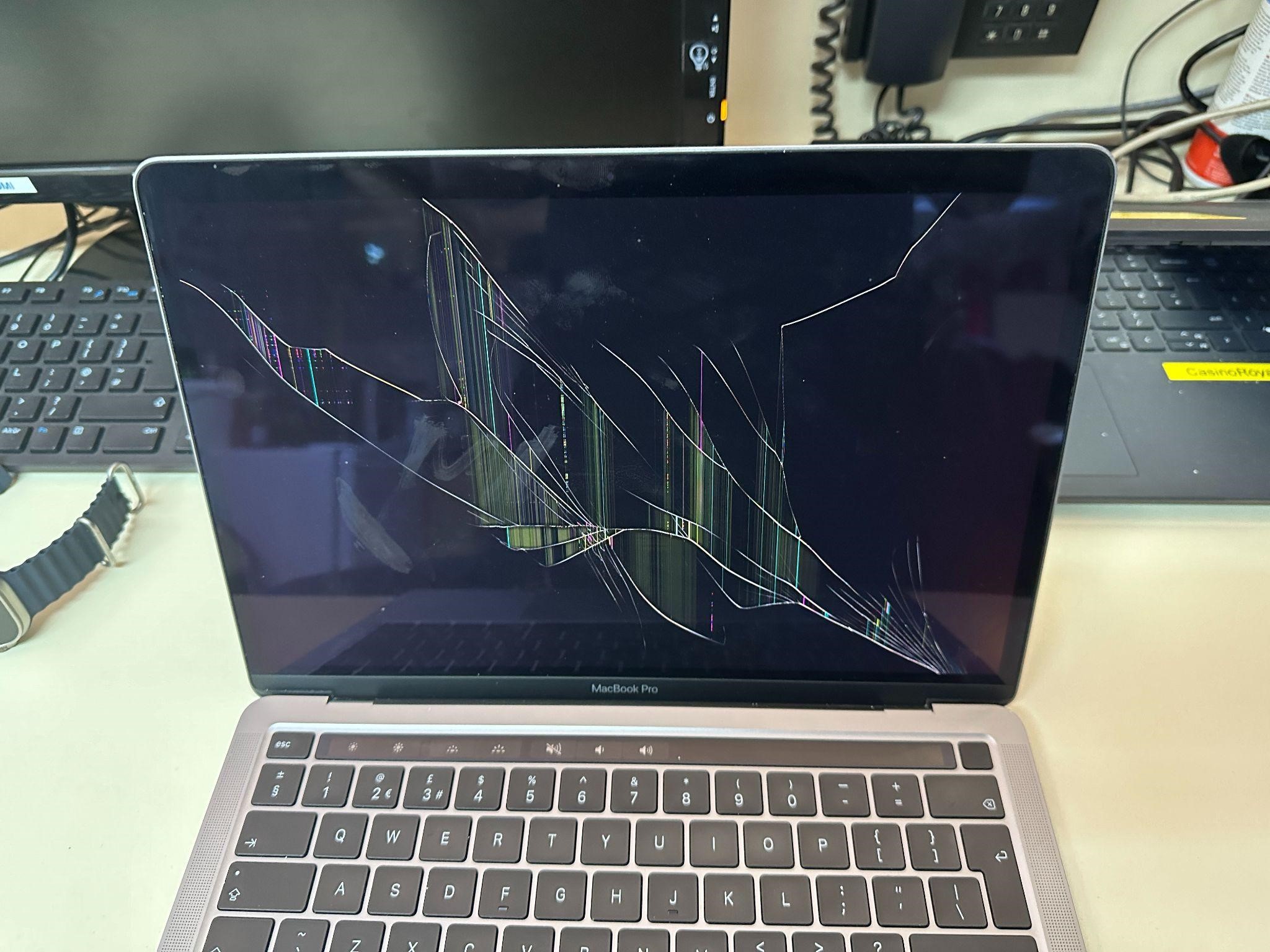How to Track Sales Calls Without a CRM Tool
- 257 Views Technology
- MacRAES

Why Tracking Sales Calls Matters
If you want to grow your sales, you need to know what happens during your calls. Tracking sales calls is like having a map when you’re driving—you know where you’re headed and how to improve your route.
But here’s the thing: you don’t always need a fancy CRM tool to do it. Many small businesses, freelancers, and even startups track sales calls effectively without paying for expensive software. The key is using the right methods and being consistent.
This guide will show you practical, simple ways to track sales calls without a CRM, along with tips, tools, and templates you can start using today.
The Challenges Without a CRM
Before we jump into solutions, let’s talk about the challenges.
When you don’t have a CRM, you might face:
- Scattered Data: Notes in one app, numbers in another.
- Missed Follow-Ups: Forgetting when to call back.
- No Call History: Hard to know what was discussed before.
- No Performance Insights: You can’t see which calls are converted.
Sounds familiar? Don’t worry—you can solve all of this with a structured approach.
Simple Ways to Track Sales Calls Without a CRM
Let’s break down the best alternatives you can use today:
1. Use a Call Tracking Spreadsheet
A simple Excel or Google Sheets file can replace a basic CRM.
Here’s what to include:
- Date of Call
- Customer Name
- Phone Number
- Call Outcome (Interested, Not Interested, Follow-Up)
- Next Action (Email, Second Call, Meeting)
- Notes (Key points discussed)
✅ Tip: Use color codes. For example:
- Green = Deal closed
- Yellow = Follow-up needed
- Red = Not interested
Why this works: It’s free, customizable, and easy to share with your team.
2. Use Call Tracking Apps
There are mobile apps that let you log, record, and analyze calls without being a full CRM.
Some popular options include:
- Qoli.ai
- JustCall
- CallRail
Apps like Qoli.ai give you an edge because they record conversations, track call durations, and log details automatically, saving you time.
3. Leverage Your Phone’s Call Log
Don’t ignore the basics! Your phone already tracks:
- Call duration
- Missed calls
- Call history
You can export this data weekly into a spreadsheet for analysis.
4. Use Email and Calendar for Follow-Ups
Follow-up is key in sales. If you don’t have a CRM:
- Use Google Calendar for reminders.
- Use your email labels to organize prospects.
- Create a folder for Sales Follow-Ups in your inbox.
5. Create a Simple Sales Call Template
Having a template ensures consistency. Here’s an example:
| Field | Details |
| Date & Time | 22 Aug 2025, 3:30 PM |
| Customer Name | John Smith |
| Phone Number | +1 234 567 890 |
| Call Outcome | Interested in demo |
| Next Action | Send proposal by email |
| Notes | Asked about pricing & terms |
6. Record Calls (With Consent)
Recording helps you review calls later and improve your pitch.
Most smartphones allow call recording, or you can use an app.
For example: Qoli.ai can automatically capture and store call recordings for analysis.
7. Use Voice Notes for Quick Logging
In between meetings, typing notes is hard. Just open your phone’s voice recorder and leave a quick note like:
“Spoke to Sarah about the premium package, follow up on Monday.”
Later, transfer it to your main log.
Best Practices for Tracking Sales Calls
To make this system work, follow these tips:
- Log Immediately: Don’t wait till the end of the day; you’ll forget details.
- Keep Notes Short: Use bullet points for clarity.
- Set Reminders: A missed follow-up can cost you a deal.
- Review Weekly: Check your spreadsheet or app every Friday to plan next week.
Quick Checklist for You
✔ Have a dedicated sheet or app for tracking calls
✔ Record outcomes and next actions after each call
✔ Use reminders for follow-ups
✔ Analyze your weekly performance
Glossary: Common Sales Call Tracking Terms
| Term | Meaning |
| Call Log | A record of all your sales calls with details |
| Follow-Up | The next step after the first conversation |
| Conversion Rate | Percentage of calls that turned into customers |
| Call Recording | Audio record of your sales call for review |
| Call Outcome | The result of the conversation (interested, not interested, closed) |
Frequently Asked Questions
Q: Why should I track sales calls?
A: It helps you understand what works, follow up on time, and close more deals.
Q: Can I track calls without software?
A: Yes! Use spreadsheets, your phone logs, and calendar reminders.
Q: Is it legal to record calls?
A: Yes, in most places, but always ask for consent.;
Final Thoughts
Tracking your sales calls doesn’t have to be expensive or complicated.Start with what you have—a spreadsheet, your phone, and a good routine. As your business grows, you can upgrade to tools like Qoli.ai that make it even easier by automating call tracking and reporting.
The key is not the tool—it’s your consistency. The more organized your call tracking, the more deals you’ll close.
Share on social media:


